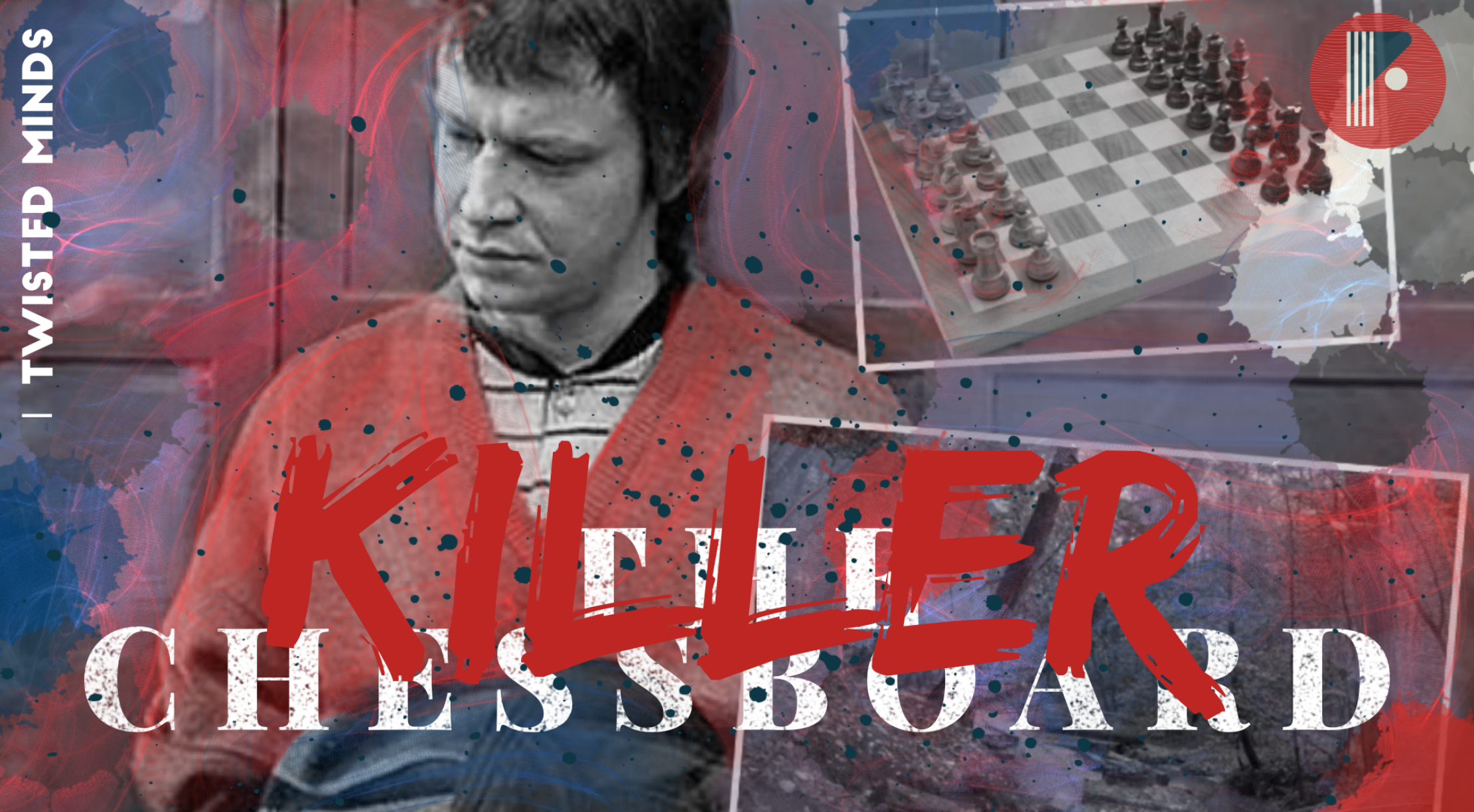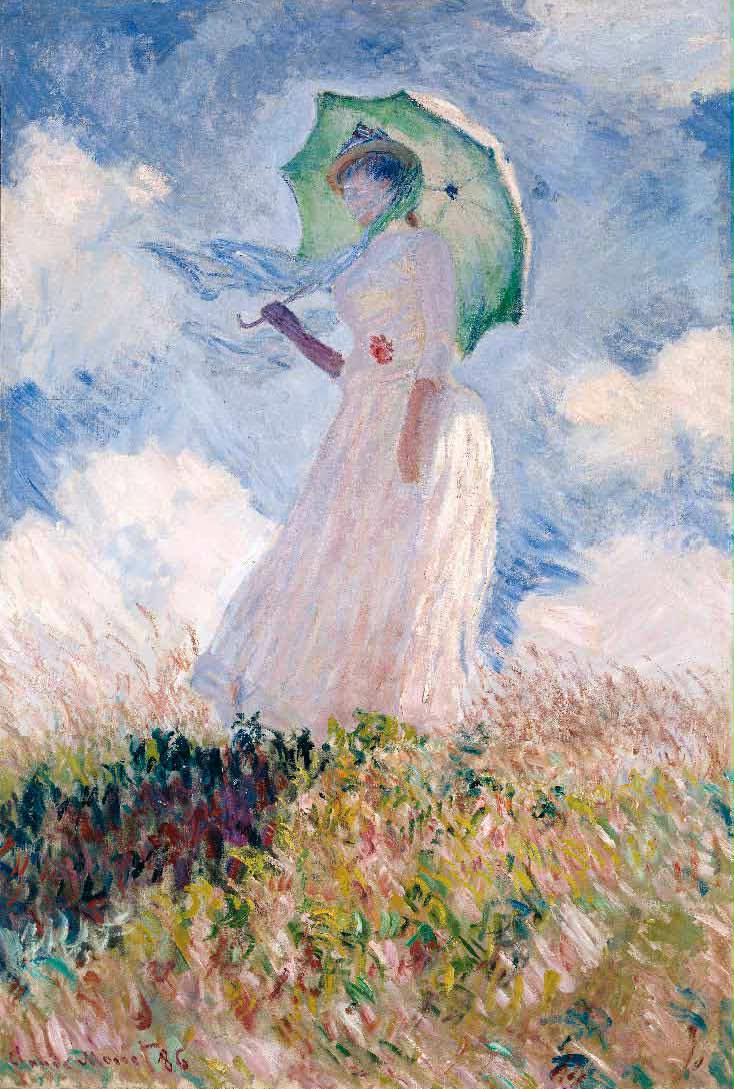In 2007, chess was linked to a very graphic and heinous topic. It was when the world was introduced to Alexander Pichushkin also known as the chessboard killer or the Bitsa Maniac.
Bitsa Park is one of the largest natural parks in Moscow, and it covers an area of 18 square kilometers. It was a place where people frequently took strolls and played chess. But it hid a grizzly secret. It was the operating grounds of a bestial serial killer who was dubbed as ‘The Bitsa Maniac’.
However, when he was caught, a shocking discovery was made and a new dubbing was attributed to this ruthless killer. They found that the latter kept a chessboard and filled each square with a victim log. That’s how he kept count of his murder victims. Just prior to his arrest, he had already filled 61 squares out of the 64 squares of the chessboard.
Alexander Pichushkin was born on April 9th, 1974. He grew up in Moscow with his mom, his stepfather, and his half-sister in a two-bedroom apartment, a six-minute walk away from the north end of Bitsa Park. He had a regular childhood. It was said that he had been a sociable child until an unfortunate accident took place. At age 4, he fell backward off the swing, which hit him hard square in the head when it swung back. He wasn’t taken to a hospital, nor was he professionally checked for any injuries. At such a young age, the skull, still not fully developed, cannot provide full protection for the brain.
That’s why the experts speculated that his frontal cortex could’ve been damaged at that incident. Such damage can cause poor impulse control and aggressive tendencies. It was the turning point in Alexander’s life; he became so angry and aggressive. Alexander wasn’t doing well in school. He was a victim of daily taunting and unremitting bullying. He didn’t have friends. He was a lonely bird, straying from the flock.
He transferred to a school in the hopes of finding a better environment, and he moved in with his granddad. His grandpa took him in and tried to provide for him all the unmitigated care and love he needed. He kept encouraging him to do extracurricular activities, and that’s when chess came into the picture. He would take Alex to Bitsa Park and teach him how to play chess. Alex caught on quickly and became excellent at it. He found chess a gateway to release his built-up aggression and anger.
Alex’s world crumbled when he experienced his first-ever loss. His grandpa passed away when he was 15. He had to move back with his mom, thus going back to his old school where he previously struggled with bullying. To cope with his grief and underlying sadness, he started to drown his anger in vodka. Although he kept on playing chess, he only played when he was drunk. He thought he was good at chess only when he was intoxicated.
His aggressiveness was obtrusive; he would record himself threatening children at the park, save the tapes and watch them later to relish over the feelings of dominance and power he felt at those moments. When that no longer satisfied him, he decided to up his game, and the twisted idea of killing someone settled inside his head.
When he reached the age of 18, he confided in a friend named Michael that he was planning to murder someone. His friend tagged alongside Alex in his search for his first potential victim. But throughout this hunt for prey, Michael wasn’t taking Alexander seriously, which infuriated the latter, so he decided to kill Michael. He pushed him down and then bashed his head against the concrete. He later described the feeling of this murder by saying:” Your first murder is like your first love. You will never forget it.”
The investigation into Michael’s death went cold, and no one has ever suspected Alex. He committed his second crime in the same year. But the case was ruled as a suicide. Alexander, then, went on a prolonged hiatus for 9 years. In 2001, he decided to bring his hiatus to an end. In the span of 8 weeks, he proceeded to murder 10 people. He would tell the person he was playing chess with that he lost his dog, and then he would ask them to go make a tribute at his dog’s grave. After luring them to a secluded place, he would kill them and dispose of the body in the sewers at the park. In the following months, there were 5 more victims who fell prey to his tactics.
Once, he lured a woman named Maria into the park. After attacking her and throwing her in the sewers, he left thinking he had just disposed of another victim, but what he didn’t know was that Maria wasn’t dead. She slowly gathered her energy and managed to climb out. She went to the hospital and spoke to the police. But the police told her not to push it and that they didn’t want to do the extra work. They asked her to retract her statement, and they would turn a blind eye towards the fact that she was an illegal immigrant. So she kept quiet.
There was also another survivor, a 13-year-old boy who headed straight to police after escaping from the grasps of Alexander, but they sent him back pretending he reeked of alcohol. A week later, the boy met Alexander in the Metro station. Terrified, he headed to some police officers and told them about the aggression, but they brushed him off and sent him home.
By mid-2005, the victim count was up to 40 people. Alexander stopped disposing of the bodies and began leaving them out in the open. “The fact that the victims disappeared has no longer been able to satisfy me. I needed more emotions” The Bitsa Maniac later stated. By Christmas of 2005, police discovered 7 mutilated bodies with severe injuries to the head and a vodka bottle stuck to their skulls. It was only then that the investigation was taken seriously, especially that one of the victims was a police officer himself.
On June 13, 2006, Alexander took his coworker, a woman named Marina, to the park for a picnic. Marina left a note at home saying she was at the park with a coworker named Alexander and left his phone number. When they were at the park, she told him about that. He contemplated a lot whether he should kill her or not. But despite his internal conflicts, he made Marina his final victim.
When her body was discovered, police found a metro ticket in her pocket. After checking the CCTV at the metro station, they saw Marina and Alexander heading towards the park together. Further investigation led police to the discovery of the note left in her apartment. Two days later, an arrest warrant was issued and Alexander Pichushkin was brought into custody.
Alex confessed everything willingly, “The Bitsa Maniac; it’s me.” He then added: “I committed 61 murders. 60 of them are in Bitsa Park. For 14 years, I did what I wanted. I was almost God” Alexander said he was purposefully being sloppy in order to get caught and for him to get credit for his works. He bragged about the murders and found immense pleasure in reenacting the crimes. “For me, life without murder is like life without food for you. I felt like the father of all these people since it was me who opened the door for them to another world, “he said. “ In all cases, I killed for only one reason. I killed in order to live because when you kill, you want to live. « he also added.
Alexander said he got sexual gratification over it and that “The closer the person is to you, the more pleasant it is to kill them” as he declared. He also blamed the police for not working hard enough and said that he was only caught because he gave himself up. Alexander said his motivation was to beat Andrei Chikatilo’s record. The latter is labeled Russia’s most notorious serial killer with a victim count of 52.
He wanted to beat this record, thus becoming Russia’s most prolific serial killer himself. That’s why he insisted on being charged with all the murders. Alexander confessed to 63 murders, but he was charged only with 49 because the other murders couldn’t be confirmed. His trial began on the 13th of September 2007, and it lasted 46 days, during which Alex was kept in a glass cage for his own protection. After a three-hour deliberation, the jury came back with a unanimous verdict.
Alexander Pichushkin was found guilty of 49 counts of murder and 3 attempts of murder. He was sentenced to life in prison. However, he shall spend the first fifteen years mandatorily in solitary confinement.
Written by: Sarra Barnoussi and Razki Wassim.




Share your thoughts